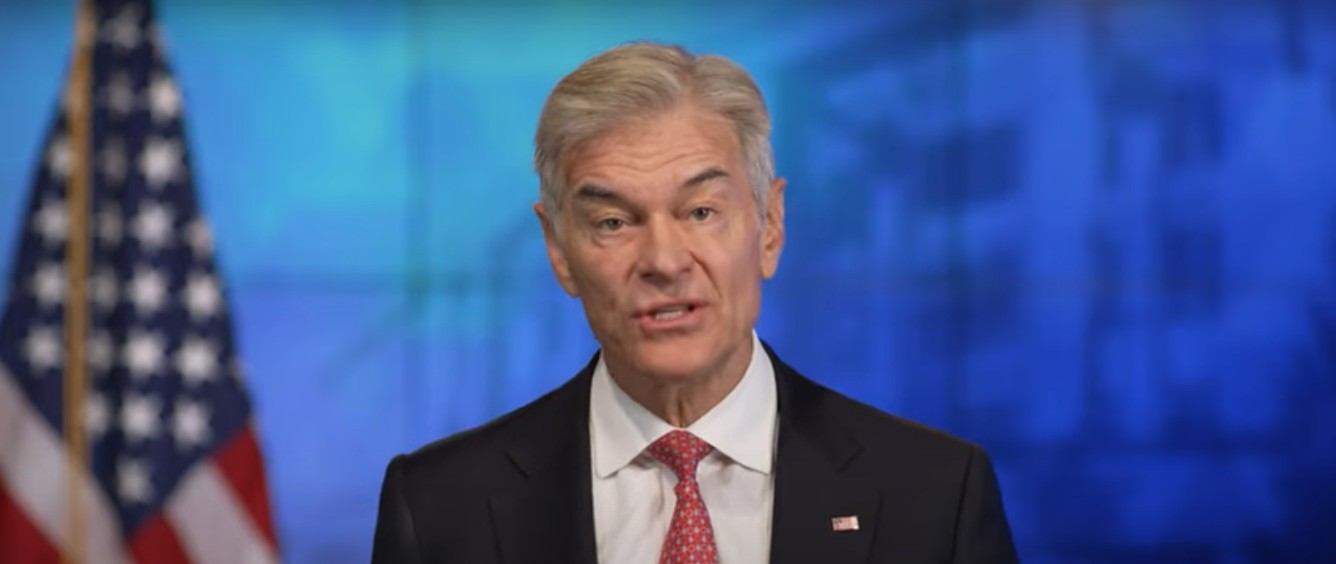The Transformation of Healthcare Under Trumps’ Administration: A Focus on Chronic Illness
Overview of the Current Healthcare Landscape
In recent discussions surrounding U.S. healthcare, one prominent figure has emerged as a key voice: Dr. Mehmet Oz, the Administrator of the Centers for Medicare & Medicaid Services (CMS). On Fox’s “Special Report with Bret Baier,” Oz emphasized the critical challenge posed by the efficient allocation of funds to combat chronic illnesses in America. Chronic diseases, which include conditions like diabetes, heart disease, and obesity, account for a staggering 70% of CMS expenditures, highlighting the urgent need for reform.
The "Make America Healthy Again" Initiative
At the heart of this transformation is the agenda spearheaded by Health and Human Services (HHS) Secretary Robert F. Kennedy Jr. and the broader "Make America Healthy Again" (MAHA) movement. This initiative aims to reverse the country’s chronic disease epidemic, promoting a shift towards preventative healthcare. This vision gained further momentum when President Trump nominated Dr. Casey Means for surgeon general, known for her innovative approach to using nutrition for disease prevention. Under this new leadership, the administration is hopeful for significant advancements in health policy.
Addressing Public Concerns
During his appearance on Fox News, Oz took the opportunity to address concerns over Medicare and Medicaid. When asked by Bret Baier what message he would convey to anxious citizens, Oz confidently stated, "Our goal is to put health back in health and human services." This holistic perspective seeks to realign the department’s objectives, emphasizing quality care for children, the elderly, and those living with chronic illnesses.
Financial Stewardship and Healthcare Spending
Analyzing the financial framework, Oz pointed out a critical concern: "How do you spend that money so efficiently that you stop throwing money at problems?" He lamented that current investments are not yielding satisfactory outcomes when addressing chronic illnesses. The emphasis here is on re-evaluating spending streams to ensure they directly benefit those in need, rather than perpetuating a system where funding fails to translate into quality care.
Policy Changes and Political Challenges
Oz’s commitment to improving Medicaid reflects a broader philosophy aimed at enhancing care quality. In light of ongoing political tensions, particularly accusations from Democrats that Republicans plan to cut essential social programs, Trump has adamantly denied such claims. This back-and-forth highlights the polarized nature of healthcare reform in the U.S. and adds layers to the complex dialogue surrounding healthcare policies.
Oz’s Unique Position on Healthcare Corporations
One intriguing aspect of Oz’s leadership is his stance against major healthcare corporations, notably Big Pharma. While he portrays himself as a guardian of public health, his past affiliations with significant pharmaceutical and technology firms have spurred questions about authoritarianism versus corporate dependence. Critics argue that the fight against corporate influence in healthcare requires a balance that Oz must navigate carefully.
Encouragement for Public Health Engagement
In a passionate declaration directed at the public, Oz urged citizens to take proactive steps toward their well-being. "It’s your patriotic duty to be as healthy as you can," he remarked, framing personal health as a national responsibility. Simultaneously, he reaffirmed CMS’s commitment to making healthy choices accessible for everyone, underlining a shared goal: empowering Americans to make informed health decisions.
Regulatory Changes and Nutritional Guidelines
Recent directives from HHS, particularly at Kennedy’s behest, have signaled a shift in regulatory oversight. Significant changes include efforts to end the practice allowing corporations to self-regulate the safety of food ingredients. Moreover, the administration is pushing to restrict food stamp usage for purchasing unhealthy items like sodas. These regulations reflect a proactive approach to public health, tackling not just medical issues but also the societal behaviors that contribute to them.
Through these layered discussions, the landscape of American healthcare is poised for a potential reshaping, driven by leadership that emphasizes a more health-focused approach to policy and individual behavior.


